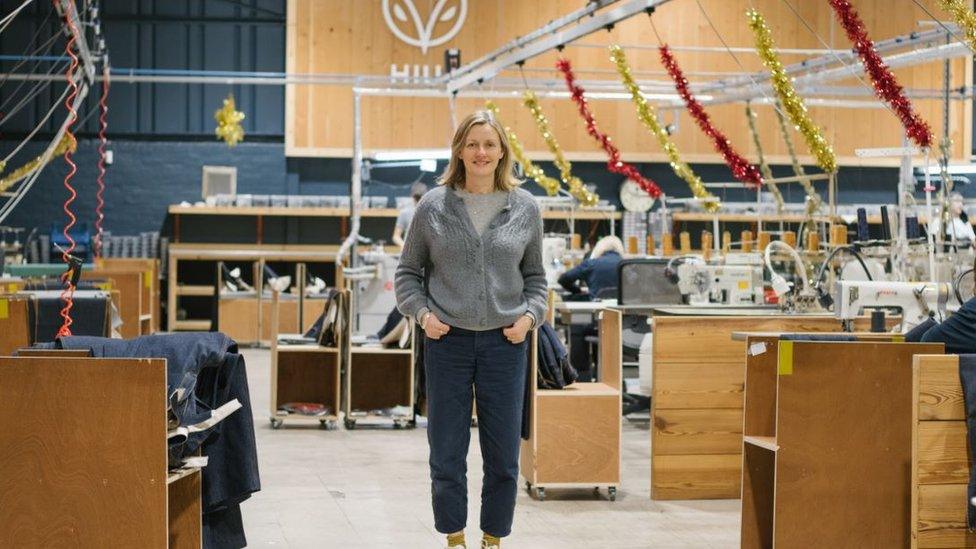Brexit: Drop in European trade hitting profits, say firms
- Published
- comments
Businesses in Wales reveal the problems they say they are facing because of Brexit
More than a year on from Brexit Welsh companies say they are feeling the pinch from making fewer sales to Europe.
Hiut Denim Co. in Cardigan, Ceredigion. said European sales were 36% down, while production fuel costs are up 30%.
Pero Foods, in Betws-y-Coed, Conwy county, said its European turnover was down 86%.
But a UK minister said evidence Brexit had caused trade drops was "few and far between".
Last week Minister for Brexit Opportunities Jacob Rees-Mogg said Brexit was "already a success" and that he would be working to "cut through the thicket" of red tape.
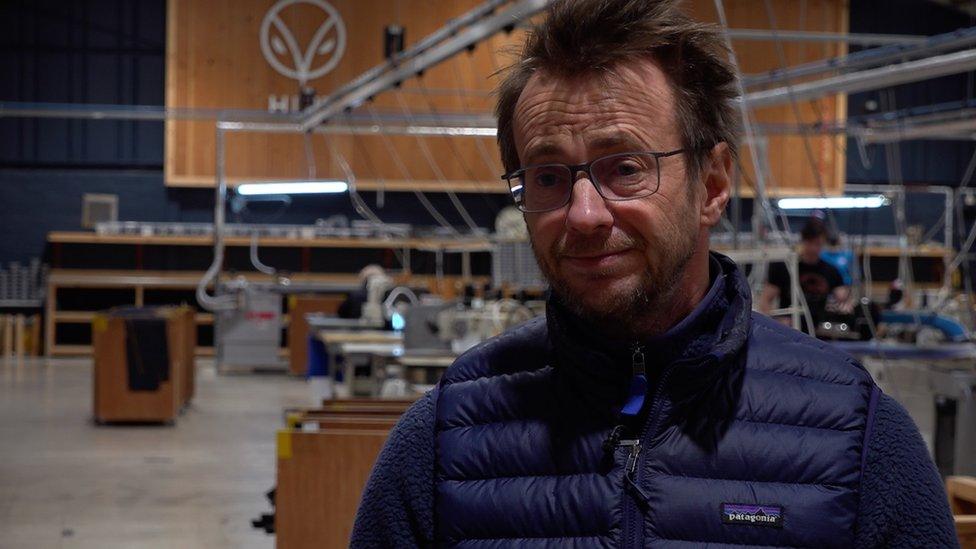
Dave Hieatt said Brexit had made trading harder
'Really disappointing'
It's exactly 20 years since the closure of the Dewhirst jeans factory in Cardigan.
Hiut Denim Co. took on local workers' expertise and skills to produce jeans once again, earning fans including the Duchess of Sussex.
The company's co-founder Dave Hieatt said he was having to work harder because of the adverse affects of Brexit.
"It's really disappointing because business is hard anyway," he said.
"You've got to go and win a customer, keep a customer, but suddenly if the customer doesn't know what the charge is going to be, you're going to lose it because of a lack of clarity.
"And so Brexit unfortunately is not helping... it's just not helping."
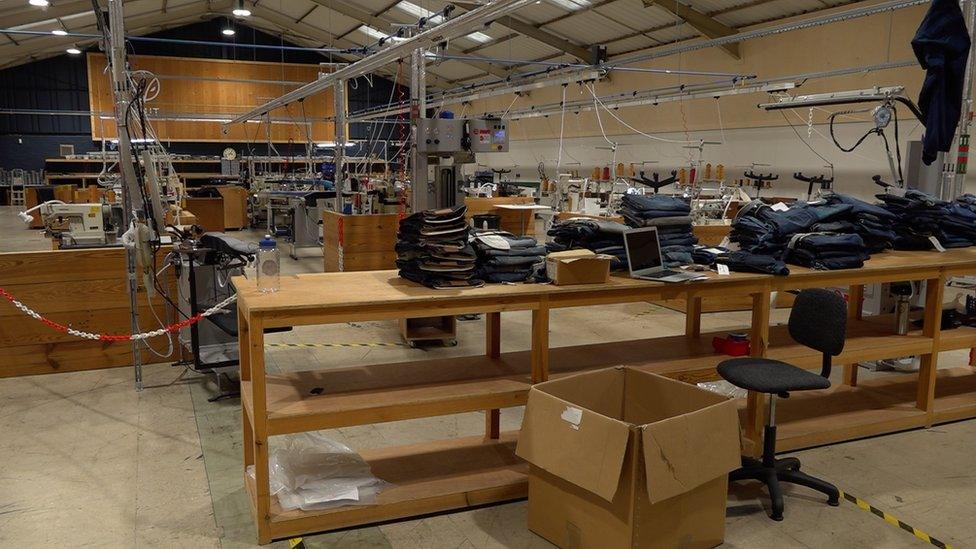
Hiut is run by husband and wife team David and Clare Hieatt
The UK left the EU's trading regime on 1 January 2021, 11 months after it left the bloc - with its trade now governed by a post-Brexit trade deal.
Since then, British businesses have experienced additional paperwork and border checks when exporting products to EU countries, something Mr Hieatt said was detrimental to business.
"Europe has been very important for us but since Brexit, our sales have been 36% down. Our production in fuel costs are 30% up, so it's definitely a little bit harder," he said.

Pero Foods director Jonathan Rees said the company had seen decline of around 86% in its turnover into Europe
'Astounding effect'
Pero Foods said that since 2020/2021 it had lost about £750,000 worth of business to customers within the EU.
Jonathan Rees, director of the natural pet food manufacturer, described the attitude from Westminster as "quite dismissive" and said he was not convinced things would get better.
"Brexit is having an astounding effect on us as a business," he said.
"We've seen a decline of around 86% in our turnover into Europe.
"The Republic of Ireland was a big customer and we've lost everything that went over to Ireland."
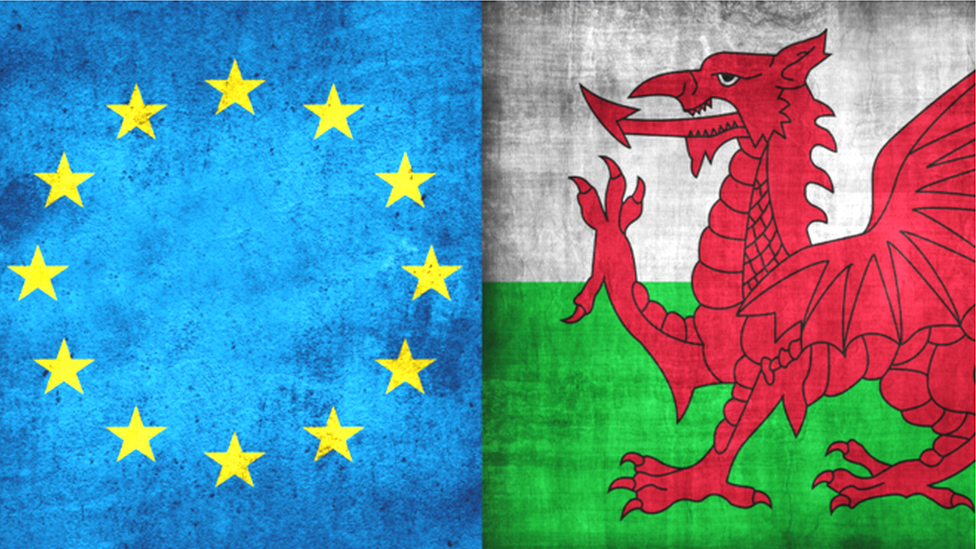
He added: "Paperwork and the administrative side is one thing but because we're a small business, we can't fill lorries and so we have to be a part of another load, and many of the transport companies don't allow combining loads in case there's a problem with the paperwork of one delivery that could stop the rest of the goods from crossing the border."
A recent report by the Public Accounts Committee said new arrangements for the UK-EU border had added costs to exporting businesses.
According to a cross-party committee of MPs, trade had been "suppressed" since the UK cut formal trade ties in January 2021, due a combination of Brexit, Covid and global economic problems.
These factors combined have led to a decline in Welsh meat exports.
In 2021, UK beef exports were down 11% on the previous year, with lamb seeing a 20% reduction.

John Richards said the extra paperwork was hitting exporters
'No quick fix'
Industry Development and Relations Manager at Meat Promotion Wales, John Richards, said there was no denying the pandemic had a significant impact on the industry, but Brexit still raised serious challenges;
"The biggest challenge we've had over the last year or so is the extra paperwork that's required in order to get products to be exported," he said.
"And that extra paperwork requires more resource, more time, and all this costs exporters money.
"In the short term, unfortunately, there's no quick fix."
He said exporting red meat to the EU was "vitally important".
"We export about a third of what we produce here in Wales, and around 95% of what we export ends up going into Europe."
Wales Office Minister David TC Davies MP insisted more opportunities were now available for businesses as markets have opened for Welsh companies in places such as Asia and Australia.
"We've had a very difficult year, because of Covid and companies around the world are suffering at the moment," he said.
"But now, the situation is looking very good.
"The fact is that we can keep on exporting to the EU, but also have the opportunities of securing trade deals with other countries around the world."
- Published3 November 2021
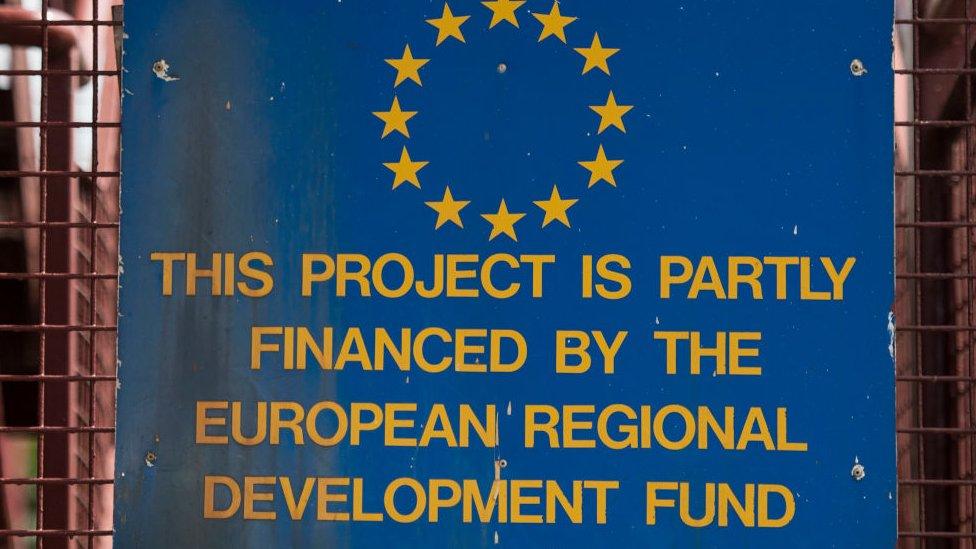
- Published23 January 2022
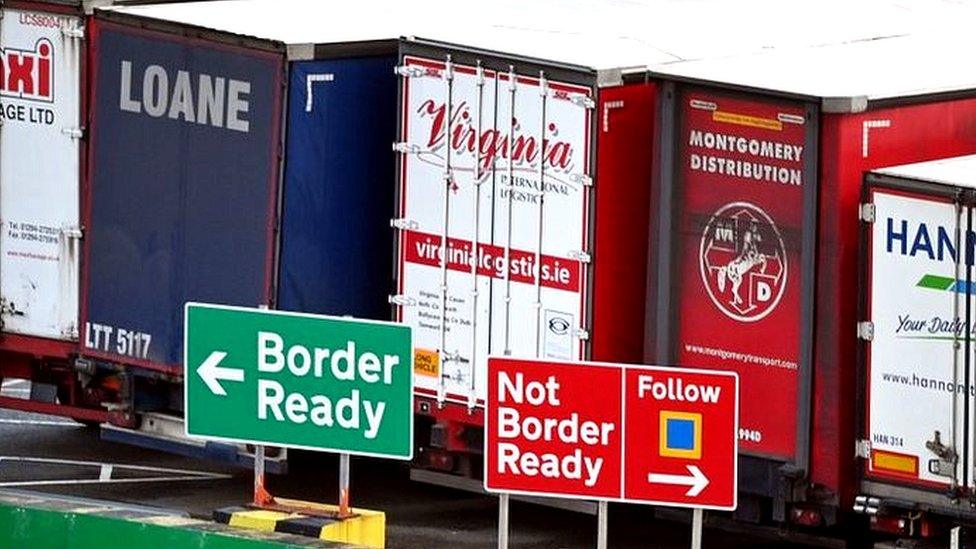
- Published10 February 2022
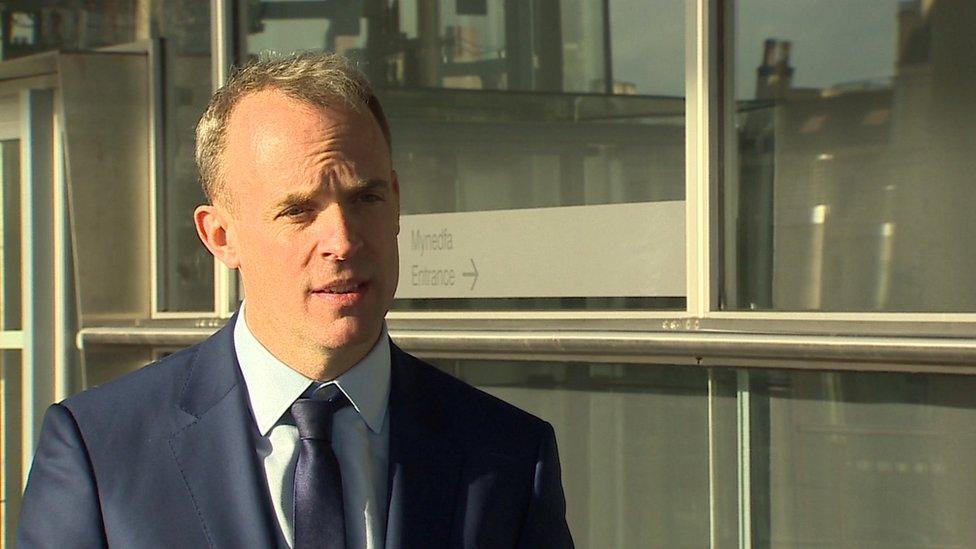
- Published9 January 2021
